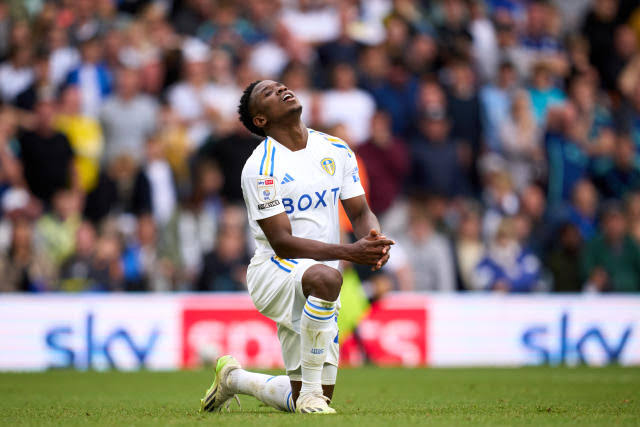NEWS NOW : 17TH OCTOBER 1919: THE FALL AND RISE OF FOOTBALL IN LEEDS UNITED……


The team is Leeds City; The year is 1919 and the location is a hotel in Leeds. But that’s just part of the strange story surrounding the founding of Leeds United Football Club.
Then a Second Division team, Leeds City played just eight games that season, their first after World War I, as they displeased the Football Association.
Illegal payments, former players turned whistle blowers and missing financial documents were all added up as the FA and Football Association called on Alderman William Clarke to launch a joint inquiry, before when disbanding the club.
The Auction
A popular refrain of the time was “All dressed up and not going anywhere”, and if there were to be a parody version of this about the plight of former “City” players , we wouldn’t be surprised.
They are tall and dry, mid-season. “And now?” they asked, and the answer came when, at a meeting of clubs convened by the League, the unemployed players were offered to the highest bidder: in fact, 4,444 were auctioned off. price.
The federation is harshly criticized:
cries of “slave market” and “blood money” are heard in some areas, but the purpose behind this extraordinary football “auction” is simply simply find work for deprived footballers – and find it. fast.
Although the “auction” took place in secret at the Metropole Hotel, the details were leaked – they were published in the evening paper! The members of the League Committee were not very happy – they said “traitor in the camp”.
Information was actually collected by journalists from club representatives going back and forth in the usual way.
It appeared that what the League considered a “fair and just” price for players, appeared to be a “black market” for “buyers” – although that term was then unknown arrive.
In fact, clubs have reduced recruitment prices; £1,250 was the top figure and young full-back, newly acquired W.
Kirton, who featured in Leeds City’s last game against Wolverhampton, went to Aston Villa for £250!
Port Vale fills the gap in the League, but for now it’s the end of ‘big boy’ football in Leeds.
That seemed to be the end of ‘great’ football in Leeds.
That also seemed to be the end of the ‘huge’ football scene in nearby Huddersfield. Enthusiasm for the match was at an all-time low in that town, as rugby attracted crowds there and when Fulham played there about a month later, gate prices were £90, less than the 11 pounds from Fulham.
Hilton Crowther and his brother were the main patrons of the match at Huddersfield. They spent a significant amount of money on it and received very little return on their investment.
Now that there is no senior team in Leeds, their chances of popularizing football seem remote indeed.
They wonder if their efforts would be more appreciated in Leeds? And, perhaps deciding that things could not get any worse, they began to arrange for the transfer of Huddersfield Town, its locks, stores and oil tanks to Leeds.
The League was inclined to support the idea, but the people of Huddersfield were strongly opposed.
Something of a campaign was developed to keep the club in Huddersfield, and the leading figure was Mr. A. Brook Hirst (later Chairman of the Football Association).

Inspired, certainly by displays of sincere loyalty, where there seemed to be only indifference, Huddersfield went from success to success, victory to victory, home and away field.
Theater Royal in Leeds, but that was hardly necessary, even though he accompanied the team every Saturday they were irresistible, unwavering.












